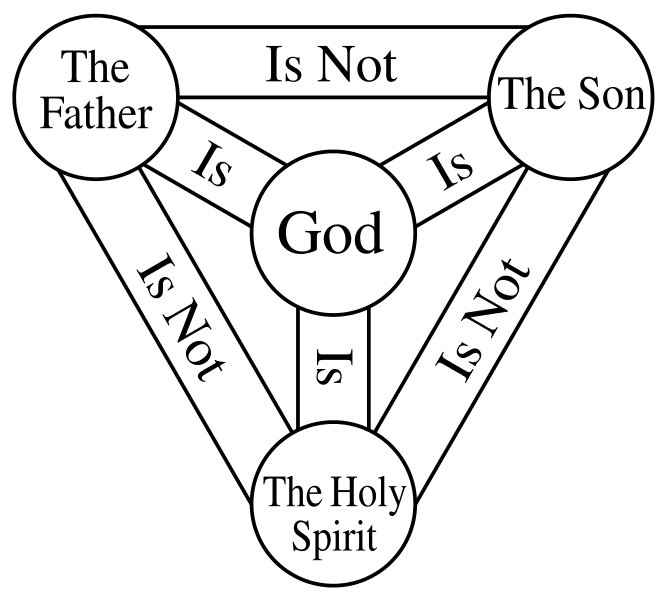- Dec 27, 2017
- 1,534
- 1,628
- Country
- United States
- Gender
- Male
- Faith
- Christian
- Marital Status
- Private
I'm posing this question merely for the sake of conversation, and am not desiring to proclaim my views one way or another against another on this subject, seeing as how the nature of God (according to the scriptures) can often times be interpreted differently.
So, my question is: what defines a Trinitarian?
Can Trinitarians believe in a one-person God (which is one God made up of one Spirit and one will with three record-bearers), or are Trinitarians defined by a strict belief of a three-person God (which is the essence of one God with three distinct persons and wills, that co-exist equally eternally)?
Also, is it wrong for a Trinitarian to believe that Jesus is equal with the Father?
Don't misunderstand me: I'm in no way trying to negate or attack the nature of God according to what the Bible says, but I must admit that I'm having a hard time fully grasping it according to what scripture says. So, hopefully, you guys do know.
So, my question is: what defines a Trinitarian?
Can Trinitarians believe in a one-person God (which is one God made up of one Spirit and one will with three record-bearers), or are Trinitarians defined by a strict belief of a three-person God (which is the essence of one God with three distinct persons and wills, that co-exist equally eternally)?
Also, is it wrong for a Trinitarian to believe that Jesus is equal with the Father?
Don't misunderstand me: I'm in no way trying to negate or attack the nature of God according to what the Bible says, but I must admit that I'm having a hard time fully grasping it according to what scripture says. So, hopefully, you guys do know.



 cuz too Holy for them .
cuz too Holy for them .